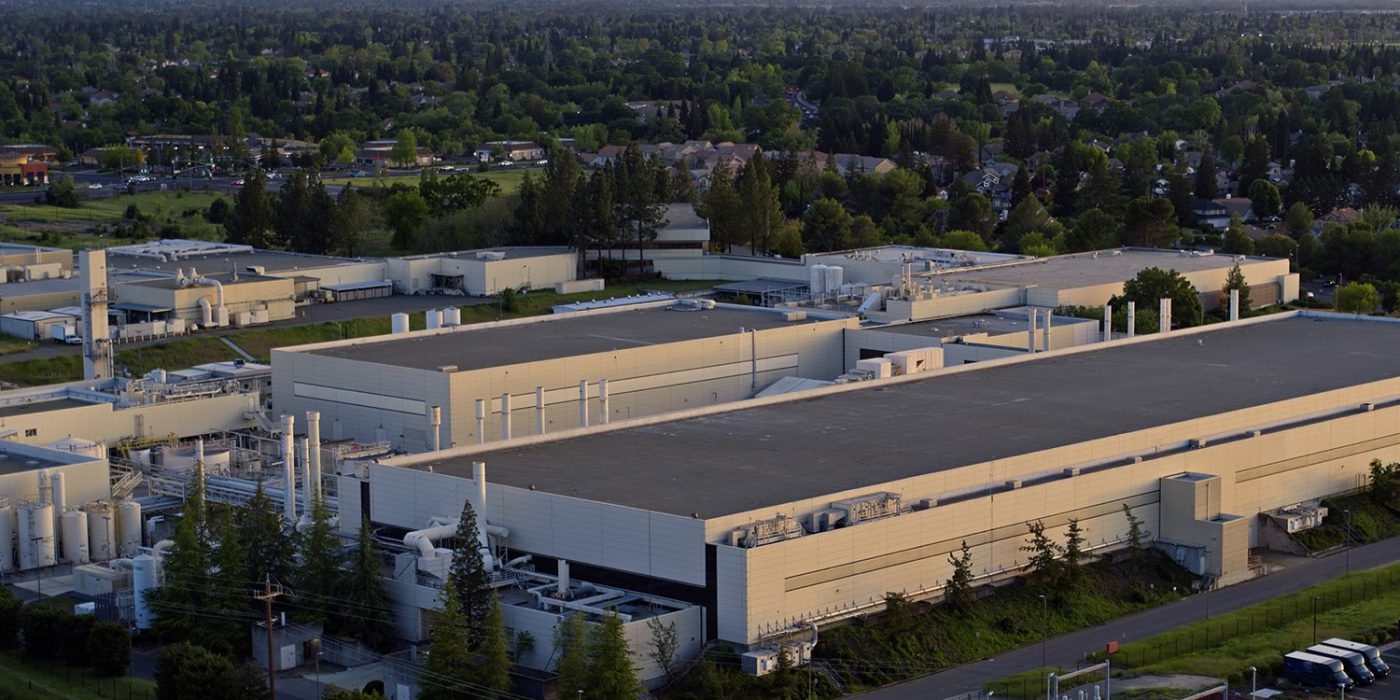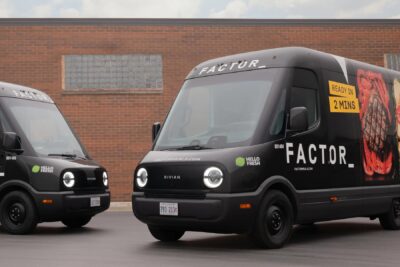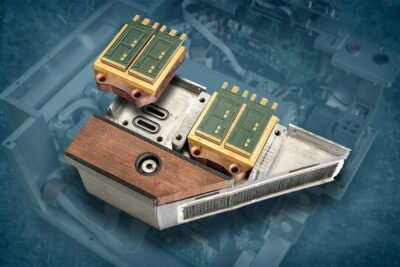Bosch to manufacture SiC chips in California from 2026
Bosch is planning a billion-euro investment in its strategically important semiconductor business for electromobility. In the USA, Bosch wants to take over parts of the business of chip manufacturer TSI Semiconductors from Roseville in the US state of California – and convert production there to SiC chips.
Bosch and TSI Semiconductors have reached an agreement to this effect, but have agreed not to disclose financial details of the transaction. At present, the takeover is still subject to regulatory approvals. As soon as Bosch receives the green light, California will become the third pillar of the company’s semiconductor business: After Reutlingen and Dresden, Bosch will also produce semiconductors in Roseville in the future.
TSI Semiconductors currently has 250 employees and is a manufacturing plant, a so-called foundry, for application-specific integrated circuits (ASICs). The Roseville site has been in operation since 1984 and currently develops and produces “high volumes” of semiconductors on 200-millimetre silicon wafers – for applications in the mobility industry, among others, according to Bosch. According to the German company, it plans to invest more than 1.5 billion US dollars (around 1.46 billion euros) in the site in the coming years and to convert the production facilities of TSI Semiconductors. From 2026, the first semiconductors on 200-mm wafers based on silicon carbide (SiC) are to be produced there.
The company is not yet giving any details on future production volumes. The Bosch announcement states rather generally that the company intends to significantly expand its global range of SiC chips. According to the company, the scope of the planned investments will also depend on the funding opportunities provided by the US “Chips and Science Act” and the economic development opportunities in the state of California.
“With the acquisition of TSI Semiconductors, we are building manufacturing capacity for SiC chips in an important sales market and at the same time also setting up our semiconductor manufacturing globally,” expresses Dr Markus Heyn, Bosch board of management member and chairman of the Mobility Solutions business sector. “The available clean room space and skilled personnel in Roseville will enable us to manufacture SiC chips for electromobility on an even larger scale.”
“We are excited to become part of a global technology company with many years of experience in the semiconductor business. With our site in Roseville, we aim to become another mainstay for Bosch SiC chip manufacturing,” Oded Tal, CEO at TSI Semiconductors, is quoted as saying in the Bosch release.
Bosch invested in the development and production of SiC semiconductors at an early stage and has been mass-producing such chips in Reutlingen near Stuttgart since 2021 – and will also do so on 200-millimetre wafers in the future. Bosch plans to expand the cleanroom area in Reutlingen from currently around 35,000 square metres to more than 44,000 square metres by the end of 2025. By comparison, production in Roseville is scheduled to take place in cleanroom areas of around 10,000 square metres from 2026.
“SiC chips are a key component for electrified mobility. By expanding our semiconductor activities overseas, we are also positioning ourselves to be locally powerful in an important e-car market,” says Heyn. The market for SiC semiconductors continues to grow strongly – at an annual average of over 30 per cent. In electric cars, SiC chips are known to enable longer ranges and more efficient charging processes, as they have up to 50 per cent less energy loss. In the power electronics of electric vehicles, they ensure that the car drives significantly further on one battery charge. According to Bosch, up to six per cent more range is possible on average compared to conventional silicon chips.
Bosch says it has already invested more than 2.5 billion euros in its semiconductor manufacturing facilities in Reutlingen and Dresden (where production began in July 2021) since the introduction of 200-millimetre technology in 2010. Added to this are further investments in the billions for the development of microelectronics. Independently of the now planned investment in the USA, the company had announced in the summer of 2022 that it would invest a further three billion euros in its semiconductor business in Europe by 2026 as part of its investment plan and with the help of the European funding programme IPCEI Microelectronics and Communication Technologies (“Important Project of Common European Interest on Microelectronics and Communication Technologies”).
China also plays a major role in Bosch’s strategic planning. It is true that no chips are manufactured there. But at the beginning of the year, the company announced its intention to invest around one billion US dollars over several years in the development and production of components for electromobility and automated driving in China – and to set up a centre for research, development and production in Suzhou for this purpose. Among other things, this centre will concentrate on electrified drive products with the latest SiC power modules. This means that Bosch’s SiC chips mentioned above will be installed there. The first phase of the centre’s construction is to be completed by mid-2024.





0 Comments